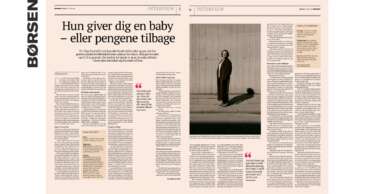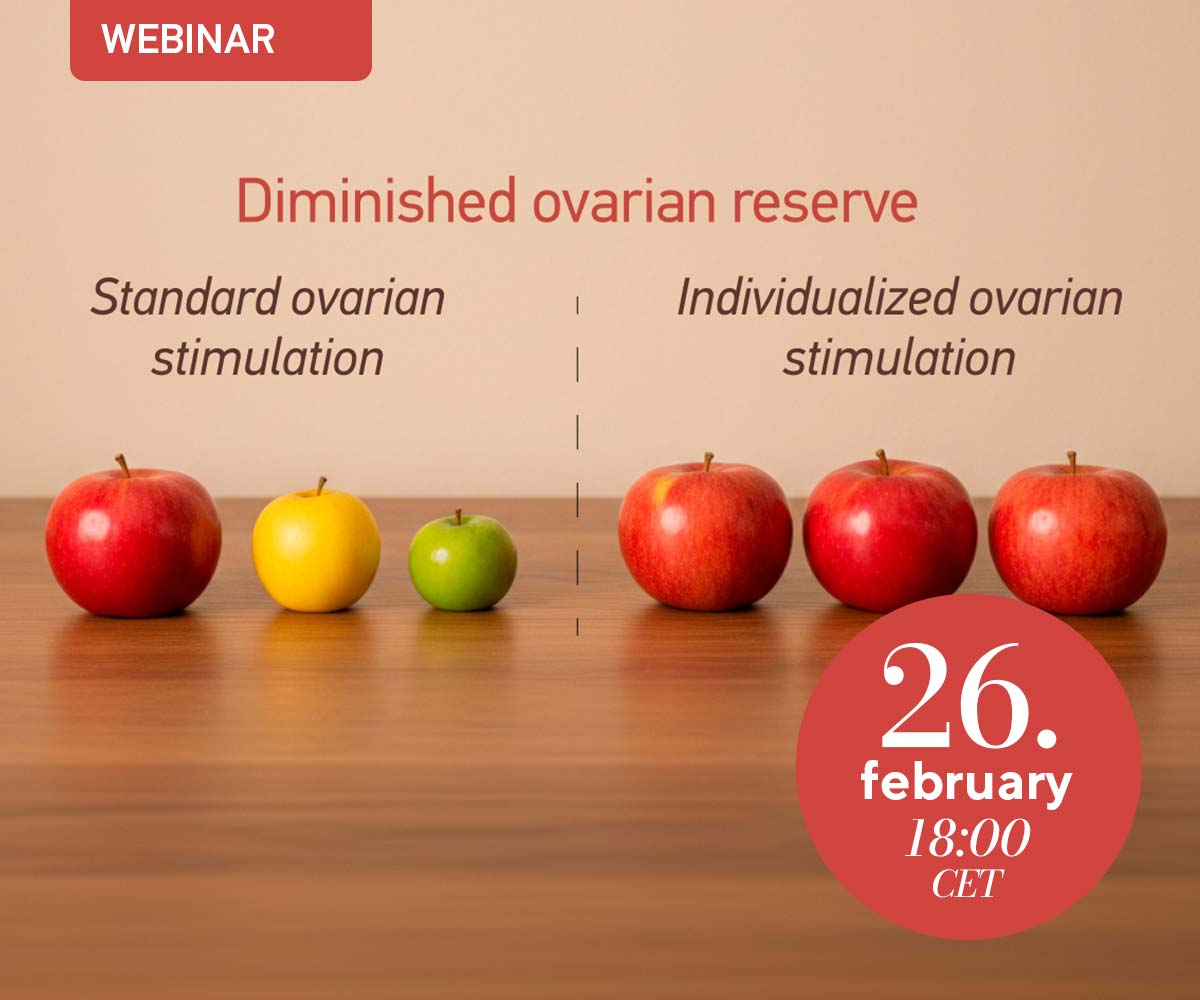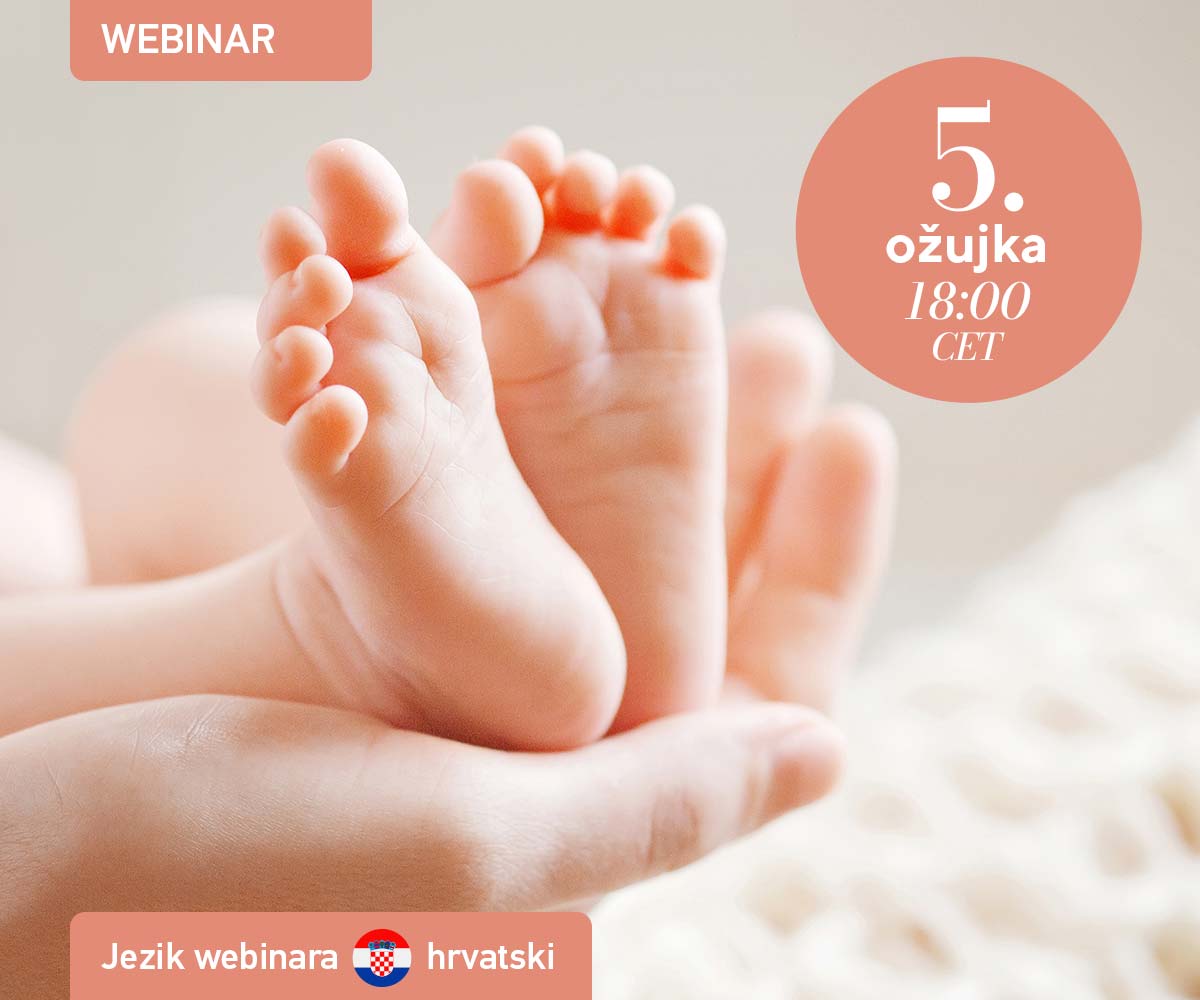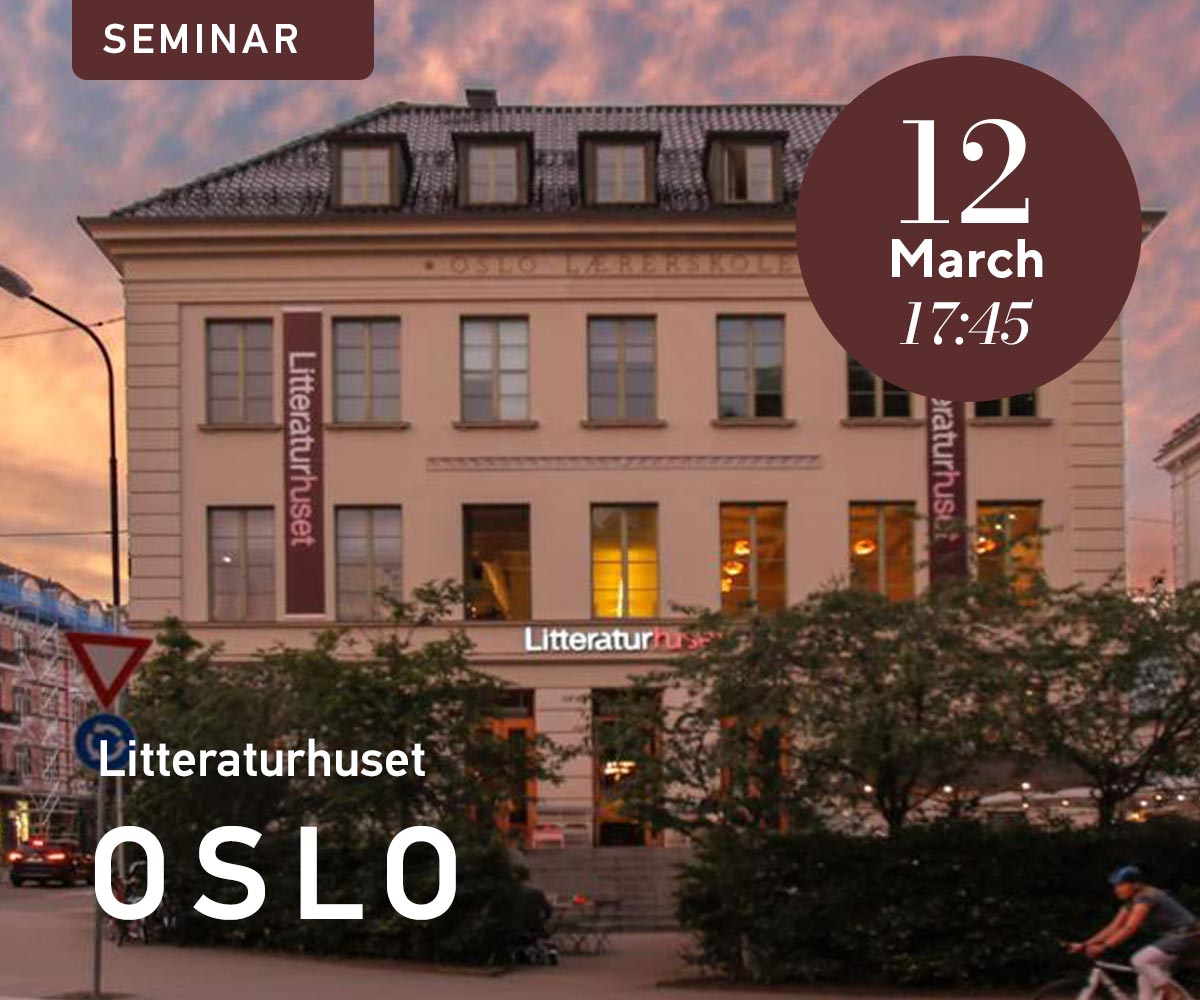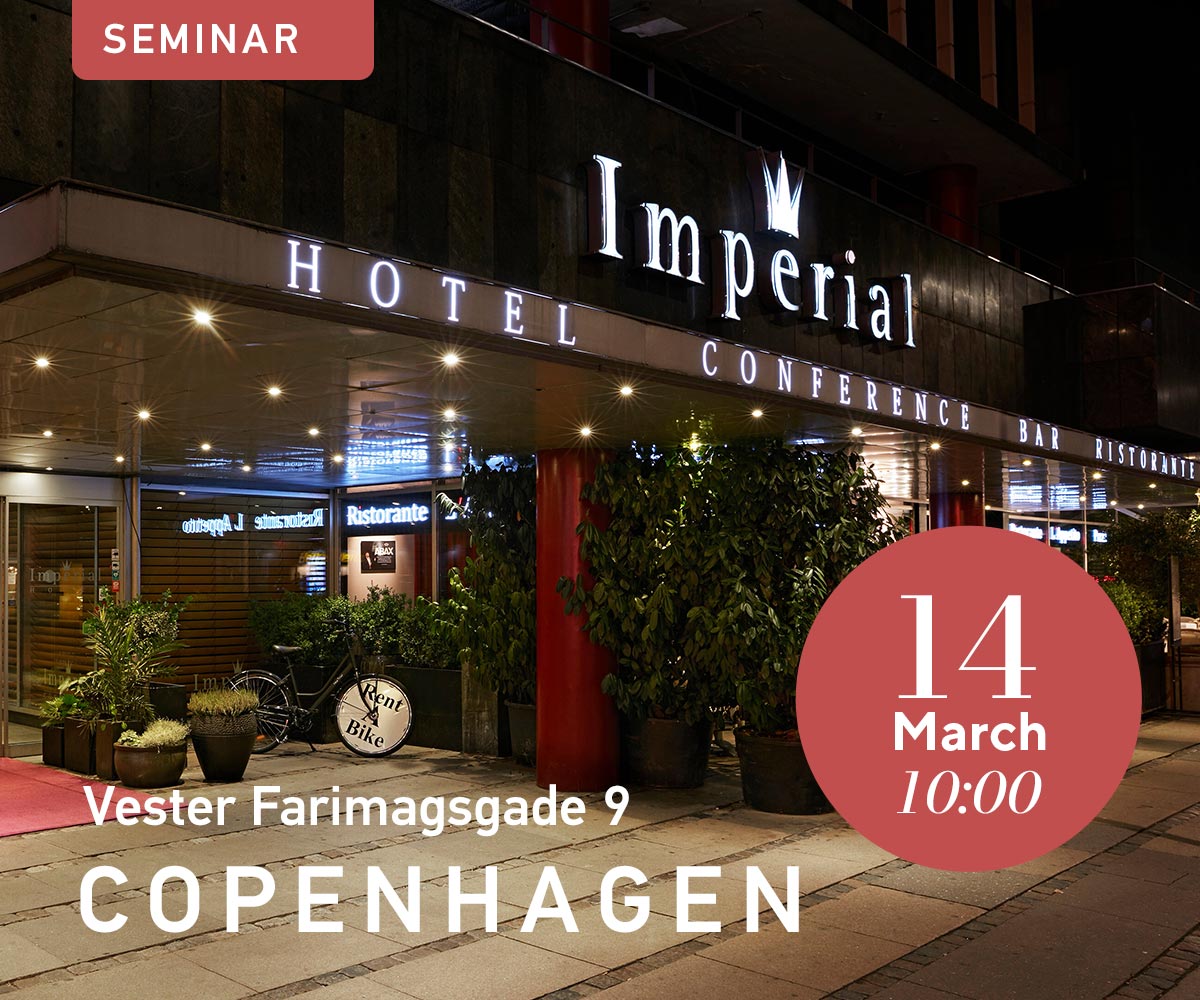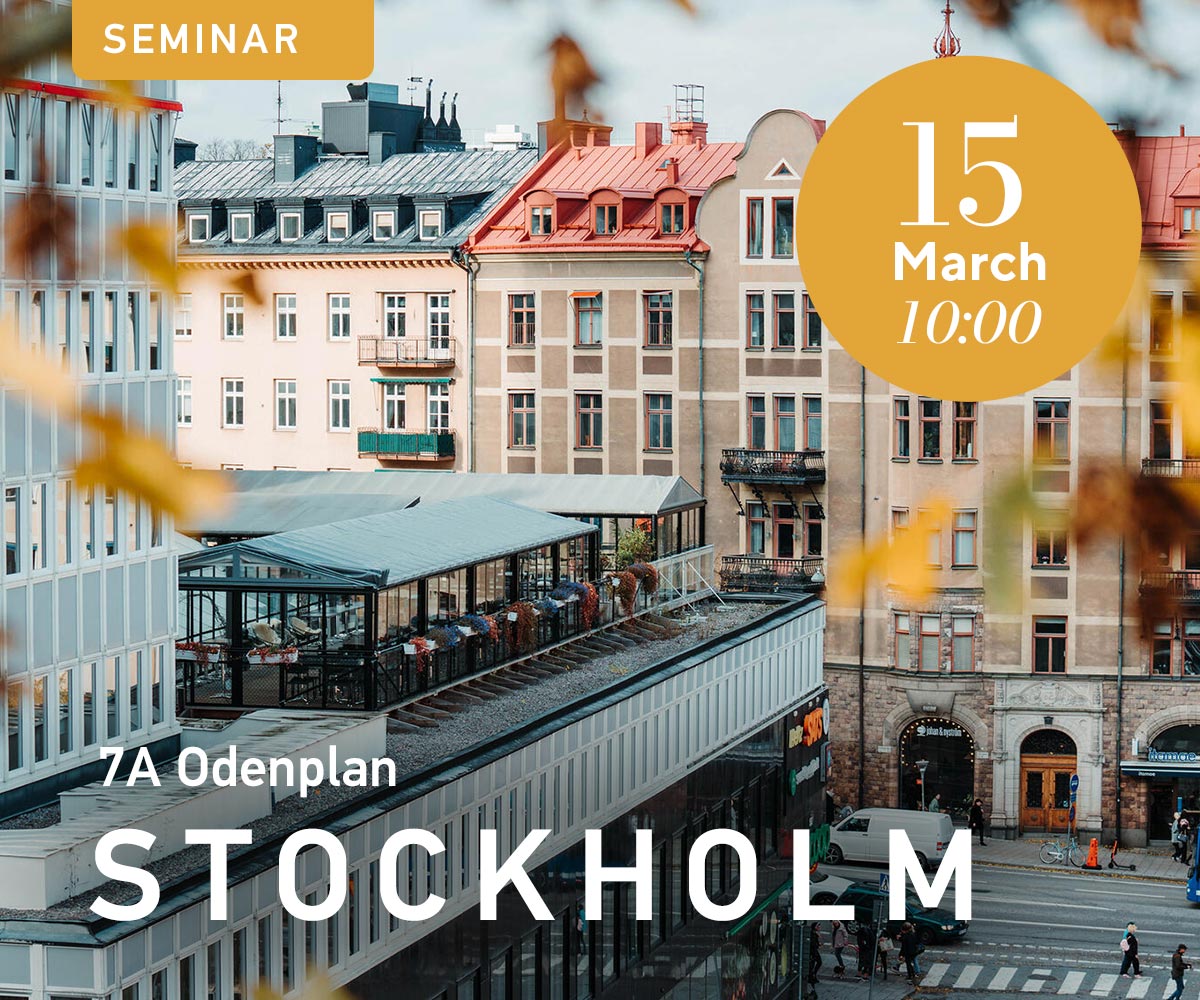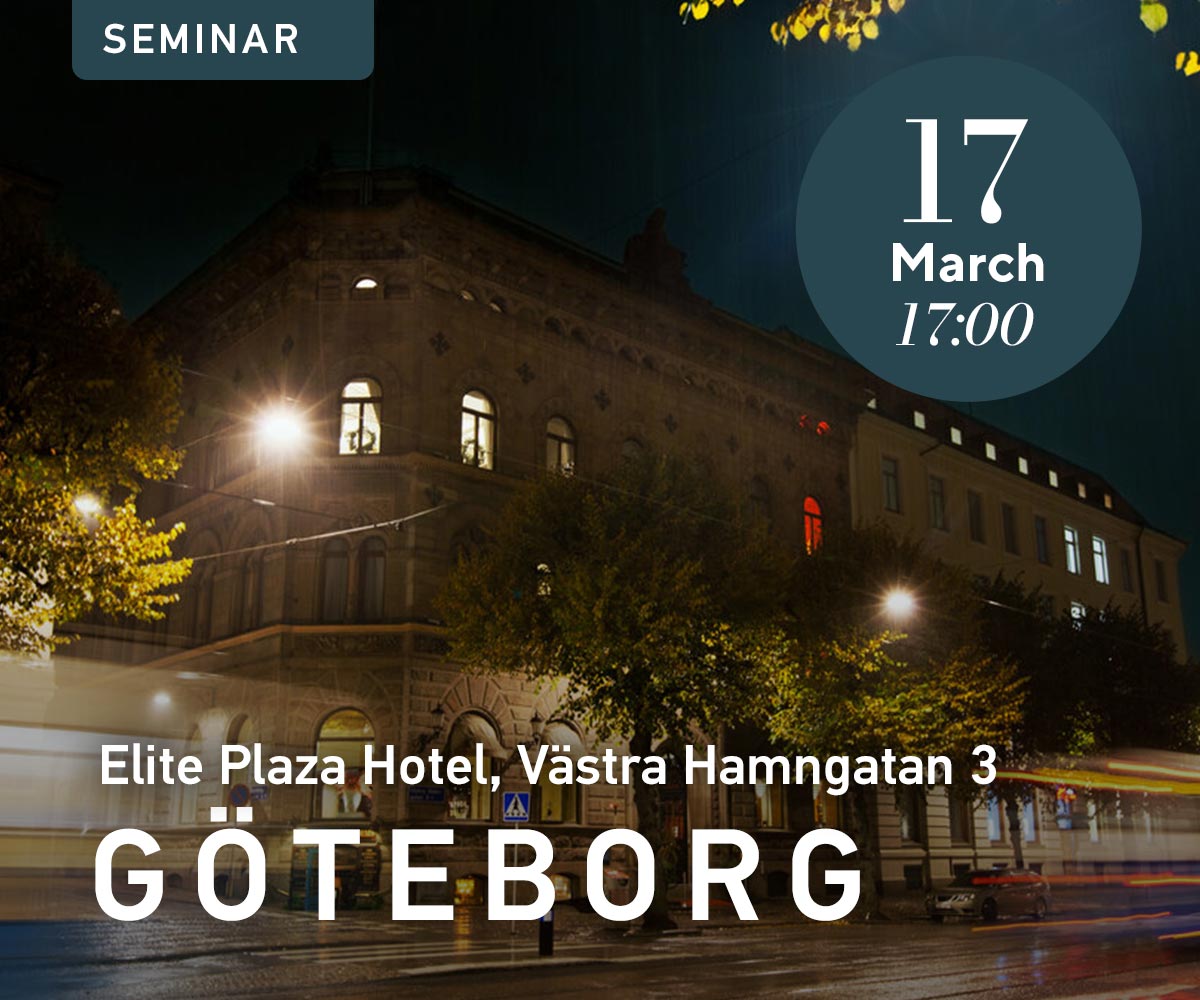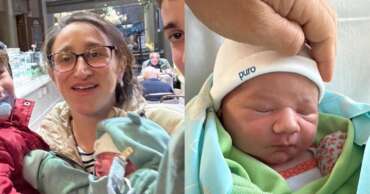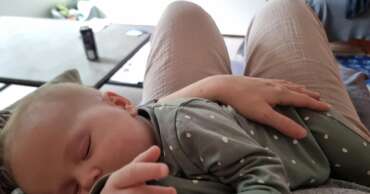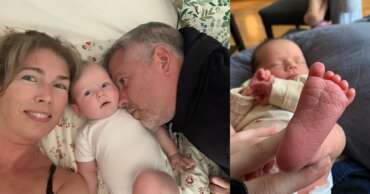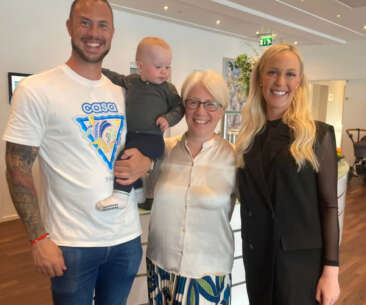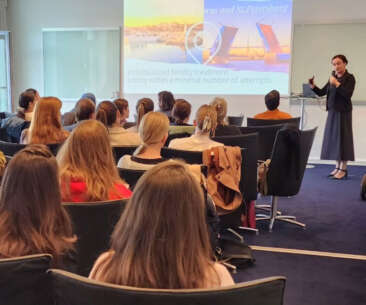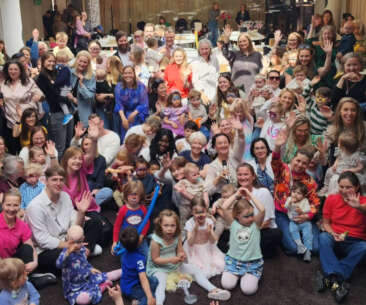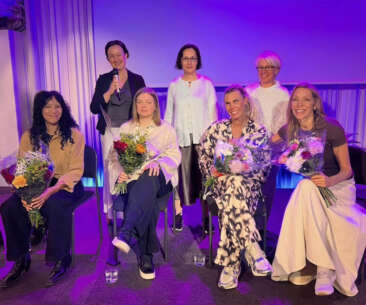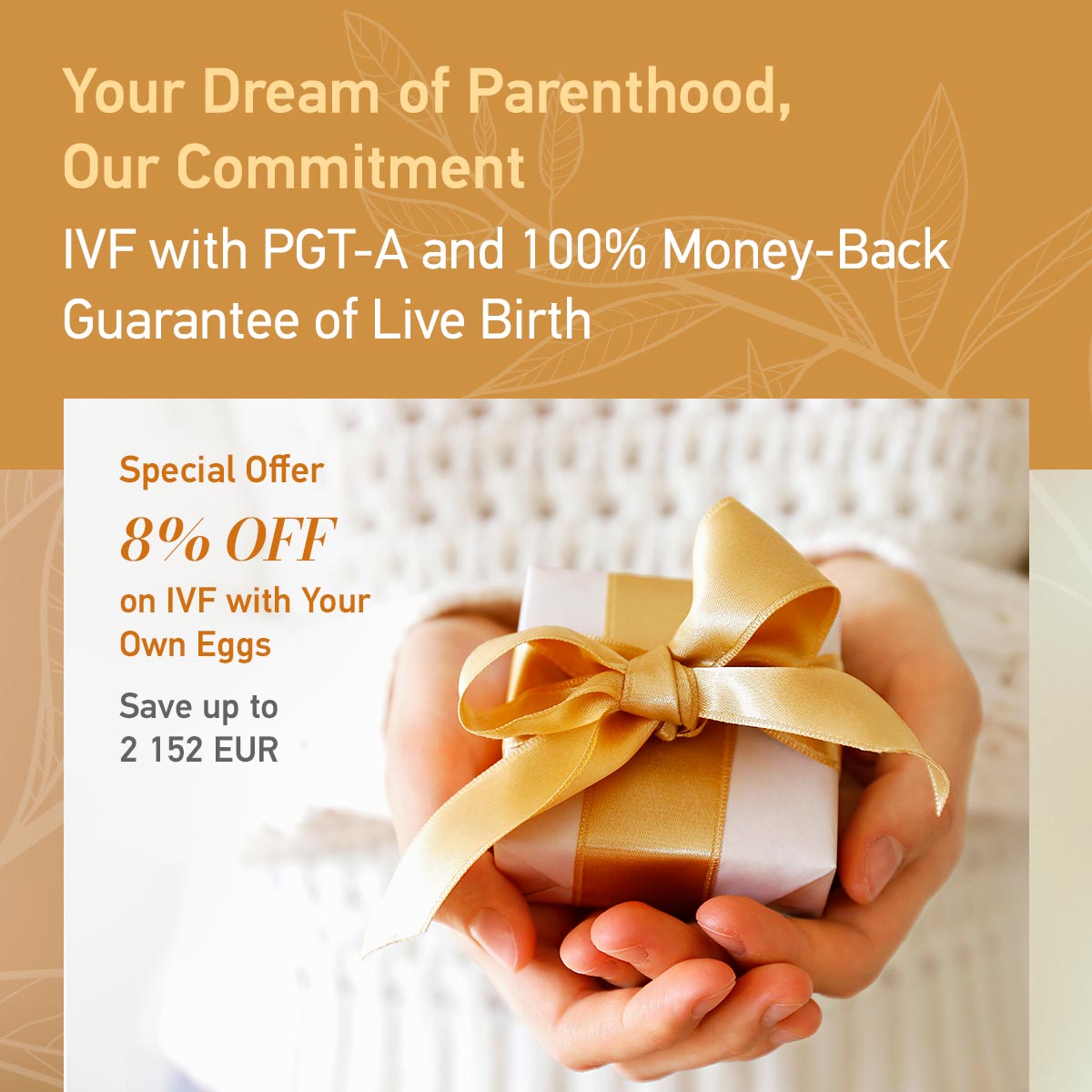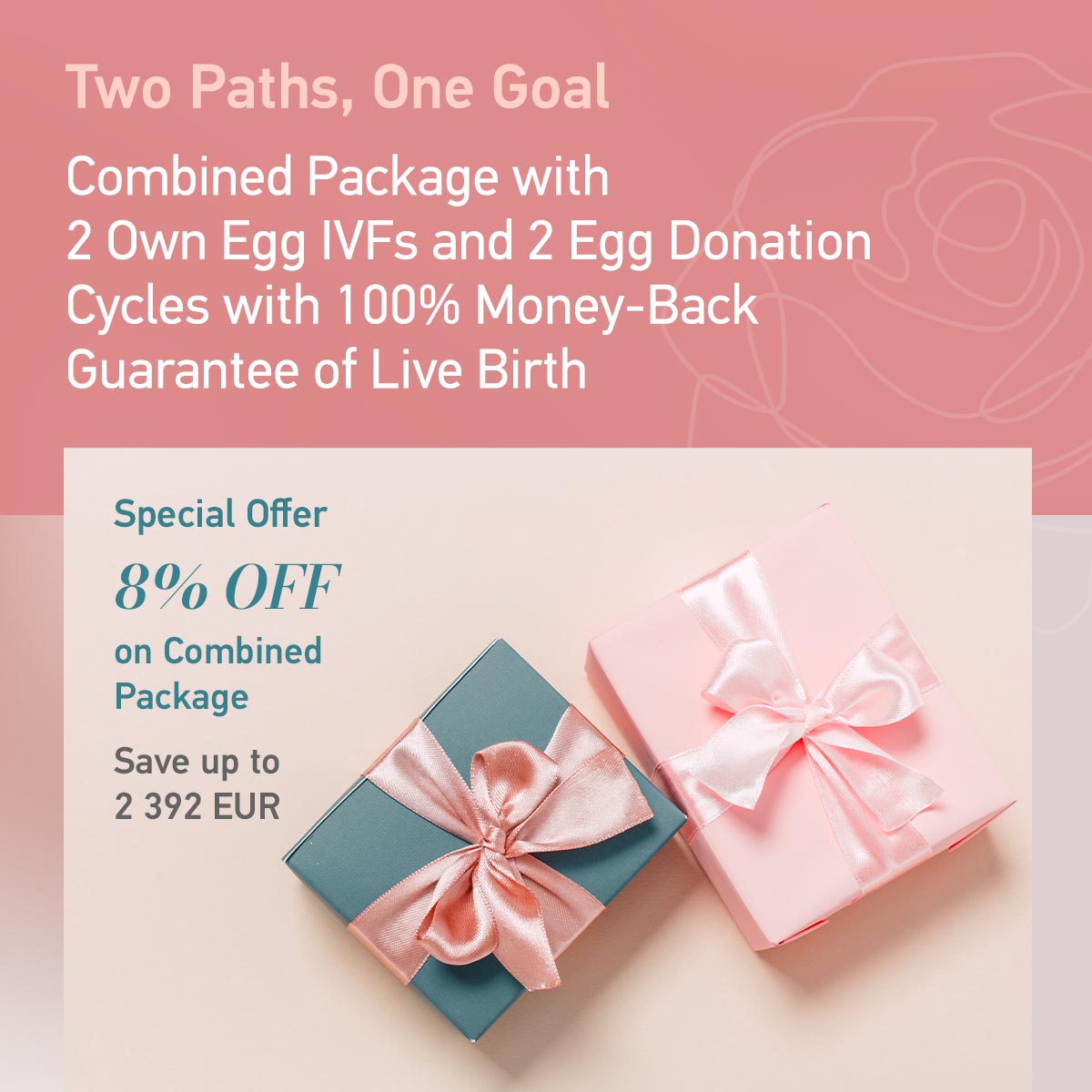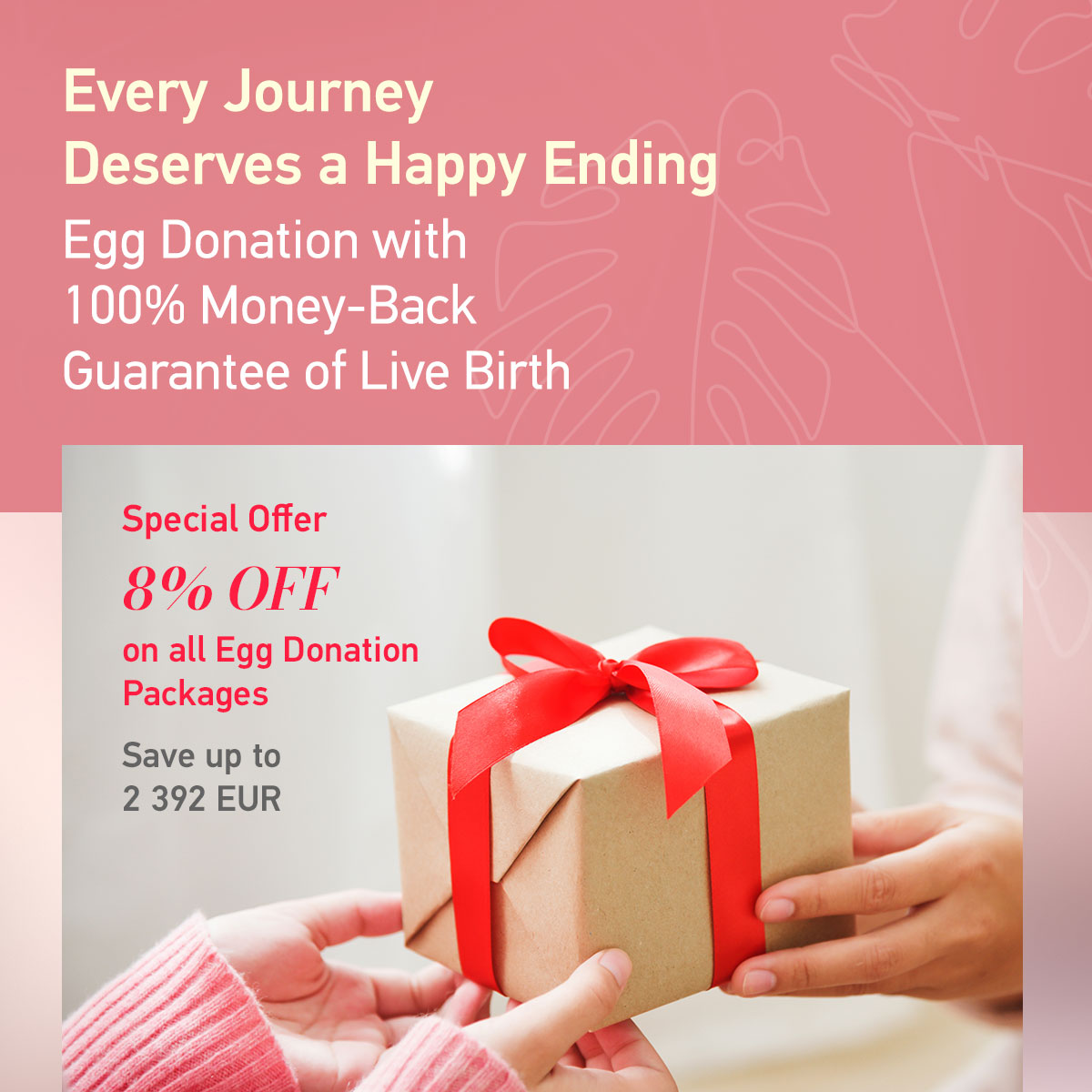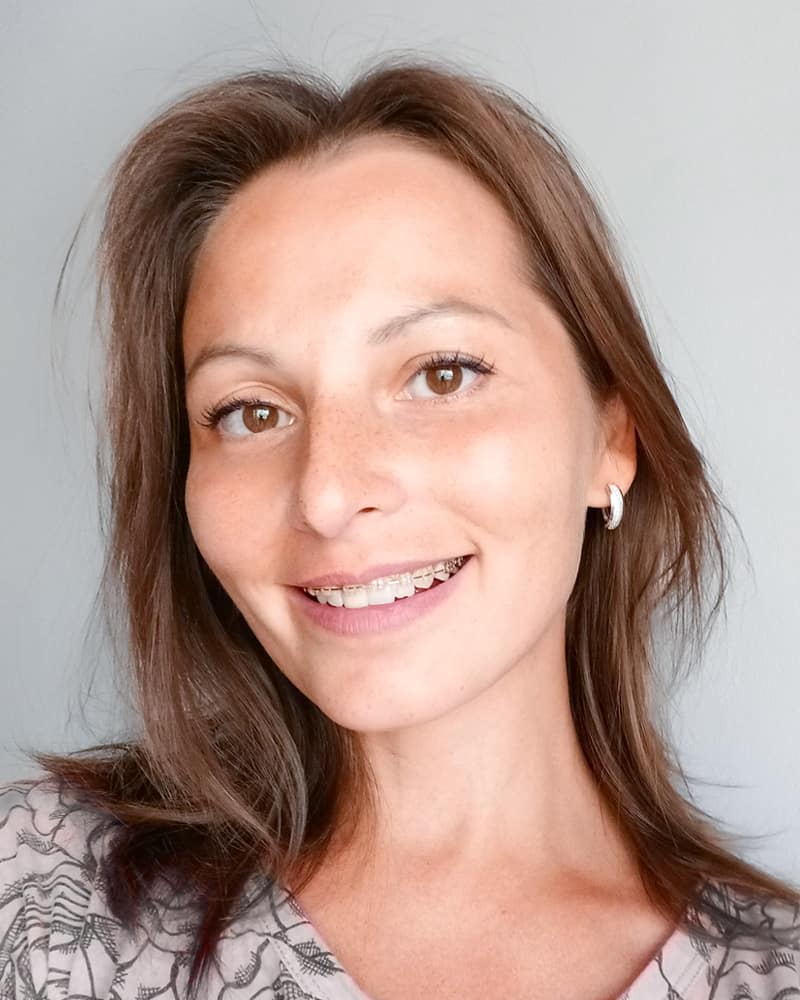
The work of my life
The O.L.G.A. Clinic donor department has been living and developing since 2011. In many ways, I adopted Dr Olga Zaytseff’s attitude towards patients, and on this basis, together with my team, I nurtured the culture of working with egg donors, created a process that is unique for Russia and includes taking care of donors, launched the most informative website for donors as well as a catalogue of excellent and sincere egg donors. The result of this work is when happy parents send us many photos of their long-awaited newborn babies.
My daily task is to form a catalogue of egg donors for our programs and to help patients at the stage of choosing a donor. The core of our work lays in deep understanding of the needs of both donors and fertility patients, and most importantly, in the ability to meet these needs.
In 2011, there were just few fertility clinics, even less publicly available information about IVF, and there was a critical lack of information for egg donors: one could only find scarce information on the Russian Internet, and even then, it was surrounded by a lot of myths and negativity. Of course, it is difficult for the clinic to create high-quality donor catalogues in a situation when almost no one knows about the possibility to become an egg donor and about the big number of people who want to become parents so much that they sometimes go through a long path of treatment and, having accepted the donor option, are in need of a quality donor catalogue to be able to choose the donor who will be closest to their family (not only the donor’s genetic characteristics are important, but also the similarity in personal qualities as well as the emotional side of the choice).
I have two degrees: in British culture and in translation in the field of professional communication. I also studied in Sweden on a postgraduate course in intercultural communication. Surprisingly, all this knowledge came very useful to me when developing a donor direction for O.L.G.A. Clinic. The understanding of the cultural nuances makes it possible to quickly find a common language with people. And O.L.G.A. patients come from different countries - Russia, Europe and even other continents. It is important to respect the individuality, the diversity of cultures and personal needs, so that everyone feels comfortable during the course of treatment.
It was with the respect that we started when we invited young mothers to become donors for our patients. While the adverts of other clinics put money motivation in the center of attention of a potential donor, we insistently talked about the mission to help, and considered payment to the donor as a compensation for a possible inconvenience. The stimulation protocol sometimes requires from the donor to be distracted from work (to take a sick leave or time off), so the money compensation is more like a reimbursement of these expenses, and not a profitable part. Thus, among our donors there are many women who are absolutely independent financially and driven solely by the desire to help.
What else is special about our work with donors?
- We provide complete and understandable information about IVF and donation: on our website, in social networks, we talk about egg donation, about psychological aspects, about who the patients who need donor help for pregnancy planning are ... Now, in the 21st century, still almost no one writes about this, and it is very necessary information for both donors and patients.
- We deliberately created such an approach where only women who consciously made the decision to become an egg donor come to donate (not for the sake of earning money or as a result of a momentary emotion).
- We give all egg donors sick leaves if they need it to explain missed days at work.
- We take care of the egg donor's health after they donate. Even if their last donation protocol was a year or 5 years ago, we provide medical advice if a health issue arises and the donor thinks that it might be related to her stimulation or egg collection.
- We collect a lot of information about the egg donor (genetics, personality characteristics) so that patients have the opportunity to create the most complete portrait of her. This may be important also in the future if the patient wants to give her child enough information about the woman who helped his/her mother conceive a baby and bring such a long-awaited child into the world;
- We create space of trust based on ethics: every egg donor, patient and member of the team understands and shares the value of the anonymity of the process; this means that if donation is anonymous, yhen the egg donor does not know which of the patients has chosen her as her donor, and the patient cannot initiate communication with the donor or ask us for her contact information.
- We invite to donate only women who have already given birth to at least one child of their own. We have our reasons for this:
1) according to the legislation of the Russian Federation, a woman who hasn’t given birth yet can also become an egg donor, but we believe that if a woman’s life path develops in such a way that she will never become a mother (for various reasons), then in the future she may regret that she was an egg donor once;
2) only a woman who is a mother herself can truly understand the grief of a woman who is struggling with infertility and she will sincerely want to help her;
3) the fact that an egg donor has her own healthy child gives more confidence to future parents while choosing an egg donor. - There are 13 egg donors in our clinic who stopped taking part in donation programs and became part of the clinic team. Historically, the clinic's donor department has been made up entirely of former egg donors, committed employees for whom work is a vocation. This gives many advantages in communicating with donors and patients, understanding the needs of each side and the ability to find a common language.
- It is important for us to let emotions live: we offer the donor and the future mother of a child to write letters to each other. These letters cannot include any personal data, but this is not necessary, because the main thing for both the donor and the patient is to convey gratitude for the opportunity to help and accept this help. Such letters are an emotional support, which is possible even when the donation is anonymous!
Work is a significant part of my life and also my calling. I am grateful for the opportunity to create for myself and many other people a good and safe world where there is order and care.
My experience as an egg donor
My acquaintance with the clinic’s team took place in 2008, when I decided to become an egg donor and came to the clinic where Dr Olga Zaytseff worked at that time together with her then small, but already very professional and sensitive team. It was important for me not only to receive medical information, but also to understand the social and psychological aspects of donation. As a result, I received care and attention, as well as long-awaited information about IVF and egg donation, which at that time was very hard to find, as the clinics dealt exclusively with the medical process, and provided only very scarce information about donation. When I found out that donor egg treatment is a method for the patients who have been fighting with infertility for years, trying again and again and still remaining a couple, ... I felt goosebumps run through my body and said to myself: “It will be a true honor for me to help such people become parents!”.
At that time, Dr Olga and her team were a part of a Russian-Finnish fertility clinic and worked mainly with patients coming from Europe. A completely new for Russian medicine manner of communicating with donors came very close to my heart. Dr Olga treated donors with the same respect and worked with us as carefully as she worked with patients, while at that time many doctors believed that donation is a job where the donor is just a person who receives money for her “work”.
All this gave me confidence that I was on the right track: within a few years I donated three times.
My experience as a fertility patient
I know about fertility treatment from both sides: as an egg donor and as an IVF patient. My son was almost 15 years old when his little sister was born via IVF after 4 years of treatment with a severe male factor. Over the years of treatment, I fully understood what it feels like for a couple undergoing exhausting fertility treatments. I still do not divide the concepts of "primary" and "secondary infertility": both of them lead to the need to have a lot of strength and courage in order to succeed with the birth of a child. Both diagnoses are painful and put a regular life on hold.
At some point, we began to consider the donation option. The words of the father of my children became important to me when he told me that the birth of our second child and her upbringing in our family is much more important than passing on our genes. After these words, I realized that becoming parents is much more than genes that cannot even be felt. Doctors nevertheless "gave" us a gift of an embryo created with our genetic biomaterial. But the question “what is motherhood and fatherhood?” was still with me.
When I gave birth to my daughter, she was so unlike any of us (as it is always the case with newborns), that for a second I had a crazy thought that they could have mixed something up in the laboratory ... Then I asked myself the question: “Would I love my baby less if I knew she didn't have my genes?" And then I kept thinking about the role the genes play in loving a child. And the answer is always the same: it is the unconditional love of a woman for a particular child, whom she carried, gave birth to and with whom she lives every minute of her life, educates him/her and gives him/her love. The same, I suppose, can be with an adopted child. After all these thoughts and observations, I am sure that parenting is based on care, attention, giving and love, and not on genetics. A person loves a person, not his/her genes.
The experience of being an egg donor, an IVF patient and the experience of accepting the idea of the possible use of donor sperm gave me a lot to create a reliable bridge between donors and patients, which is comfortable to go over on the way to your goal. I am glad to be a support of this bridge and I want it to stand for many decades and help people find long-awaited happiness.
The O.L.G.A. Fertility Clinic
This is a place where you will meet true professionals with unique long-term experience who provide exceptional results.
I am filled with pride every time I realize what we have done as a team. From both our donors and patients I often hear words confirming that we put soul into our work. I am sure that nowhere in the world there is a fertility clinic that treats patients and donors with such attention and care and where the process of treatment and accompanying the patient during treatment is so meticulously built.
I think it all starts with an idea. Many focus exclusively on the medical process, but there is no idea behind it. I believe that it is impossible to replace or copy a business that is based on an idea, because it absorbs the values of people and is born when these values are put to life. All this makes the idea unique, like a piece of art. From the very beginning, our clinic has been developing based on the idea of creating a human community based on the sufficiency and transparency of information about the process of treatment or donation, about the emotions that may arise, and how to cope with them, how to accept and integrate them into life.
When in 2019 we evolved from a small international department of a large multidisciplinary clinic into an independent clinic of our own and moved into our new home - an entire building that now houses a large fertility clinic, we were finally able to build all the stages of the treatment process, like a good owner builds his house: focusing on the impeccable quality of every detail. The clinic is really our home, and here in interaction with each specialist you will feel the same atmosphere and will see the common standards, ethics and communication.
My personal interests
My children are very different. As a parent, I believe that the best thing you can give children is to help them develop their hobbies and talents.
From his childhood, my son dreamed of becoming a scientist. At the age of 4, he told me that he wanted to be a chemist, and we spent all his childhood doing laboratory experiments with and without teachers, going to different contests and competitions. Over the years, the love of science only grew stronger: he worked in the laboratory, was fond of biochemistry and molecular biology. All in all, as he promised, my son became a chemist and is now getting a specialty in geochemistry.
My daughter is a refined and creative person, a very artistic child: she is engaged in ballet, loves to dance. She often gives us performances in the evening in our home theater.
We love family holidays, especially Halloween and New Year. This is the time when masquerades and decorations provide an opportunity to have time of our lives. On Halloween, we gather with the whole big family at our house and in the company of six children (my son and daughter and my four nephews) go around the houses of the village dressed as skeletons, mummies and other “suspicious personalities”, asking for treats with all our might. In the New Year, we love to travel and explore our Motherland. However, we love to travel not only during New Year holidays: we are always glad to have both the opportunity to swim in the sea in another country, and to spend time with tents outside the city.
As a former donor, I know what it means to "give yourself to the people." Therefore, I always remind to myself and to my colleagues that we are obliged to rest and replenish our resources, because it is possible, without noticing, to give ourselves without a trace and burn out. To stay resourceful, I try to walk a lot in the fresh air and take time to take care of myself. This makes me feel that I care about myself, it also relieves tension and helps me to reboot. Taking care of yourself is necessary when your job is to take care of others and you want to do it well and with all your heart ...
My education
2007 — St. Petersburg State University, Faculty of Philosophy, qualification — culturology, specialty — culturologist.
2007 — Swedish Institute (Svenska Institutet), intercultural communication, postgraduate education.
2010 — St. Petersburg State University, Faculty of Philology, specialty — translator in the field of professional communication.

